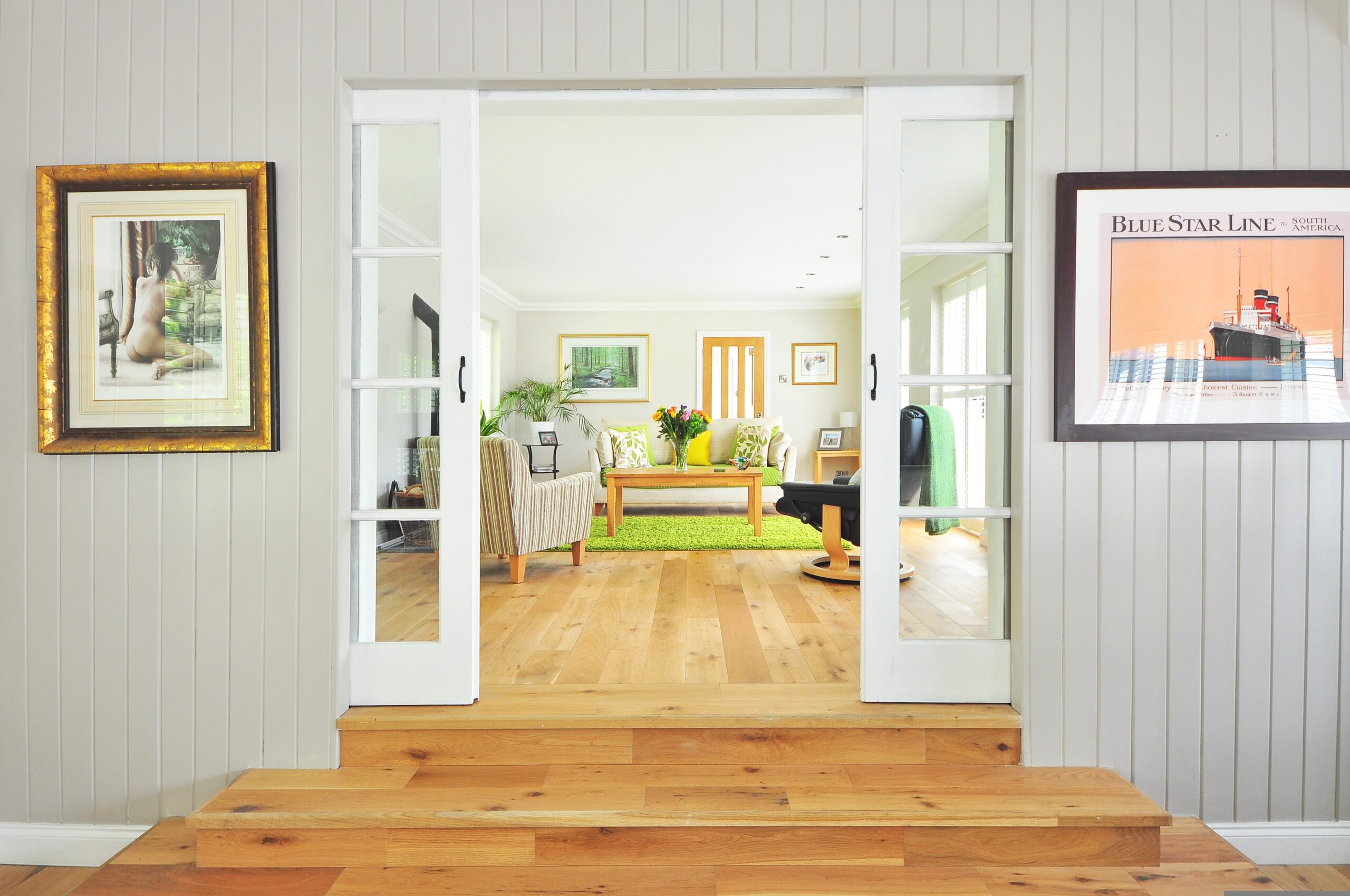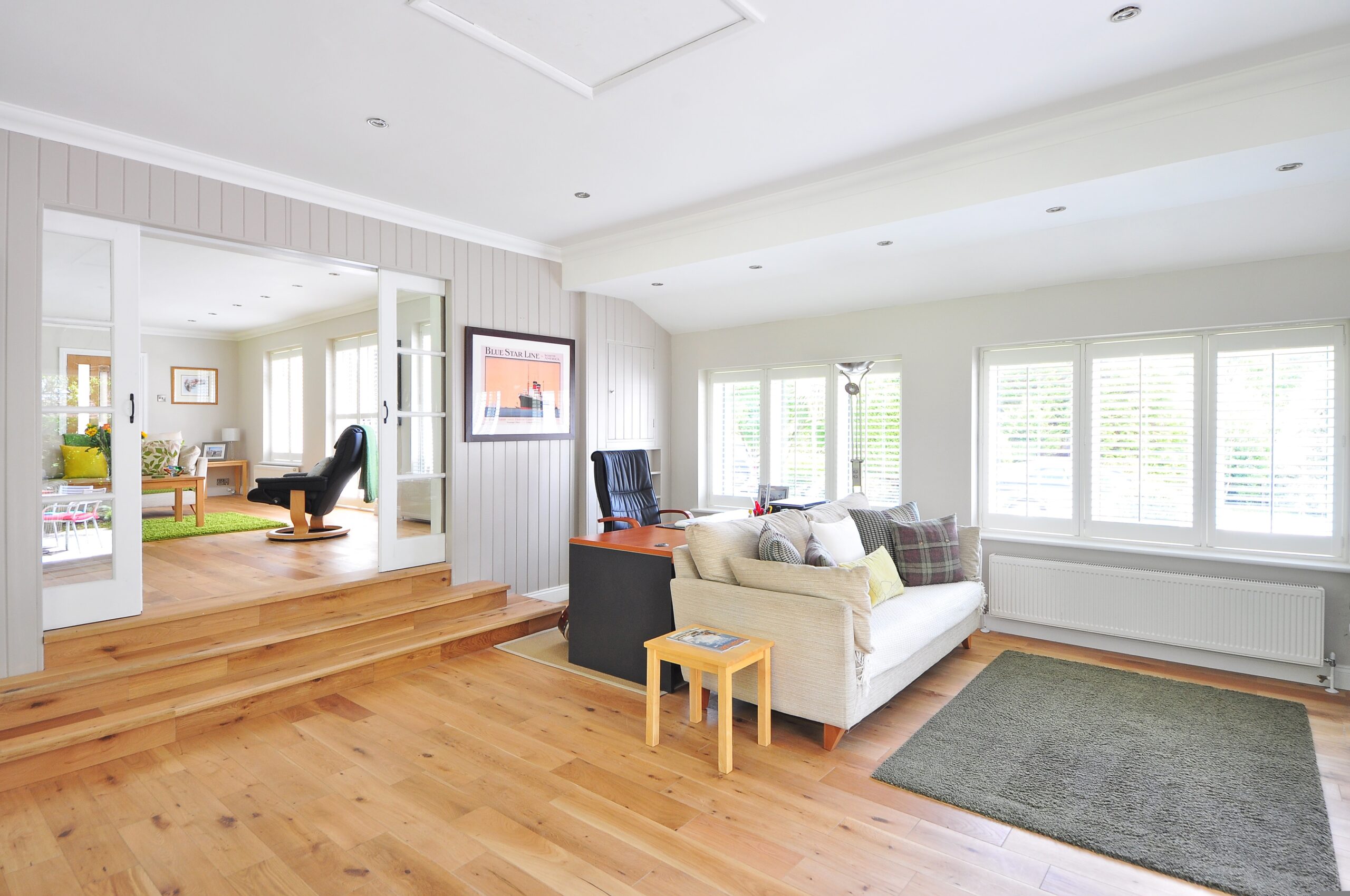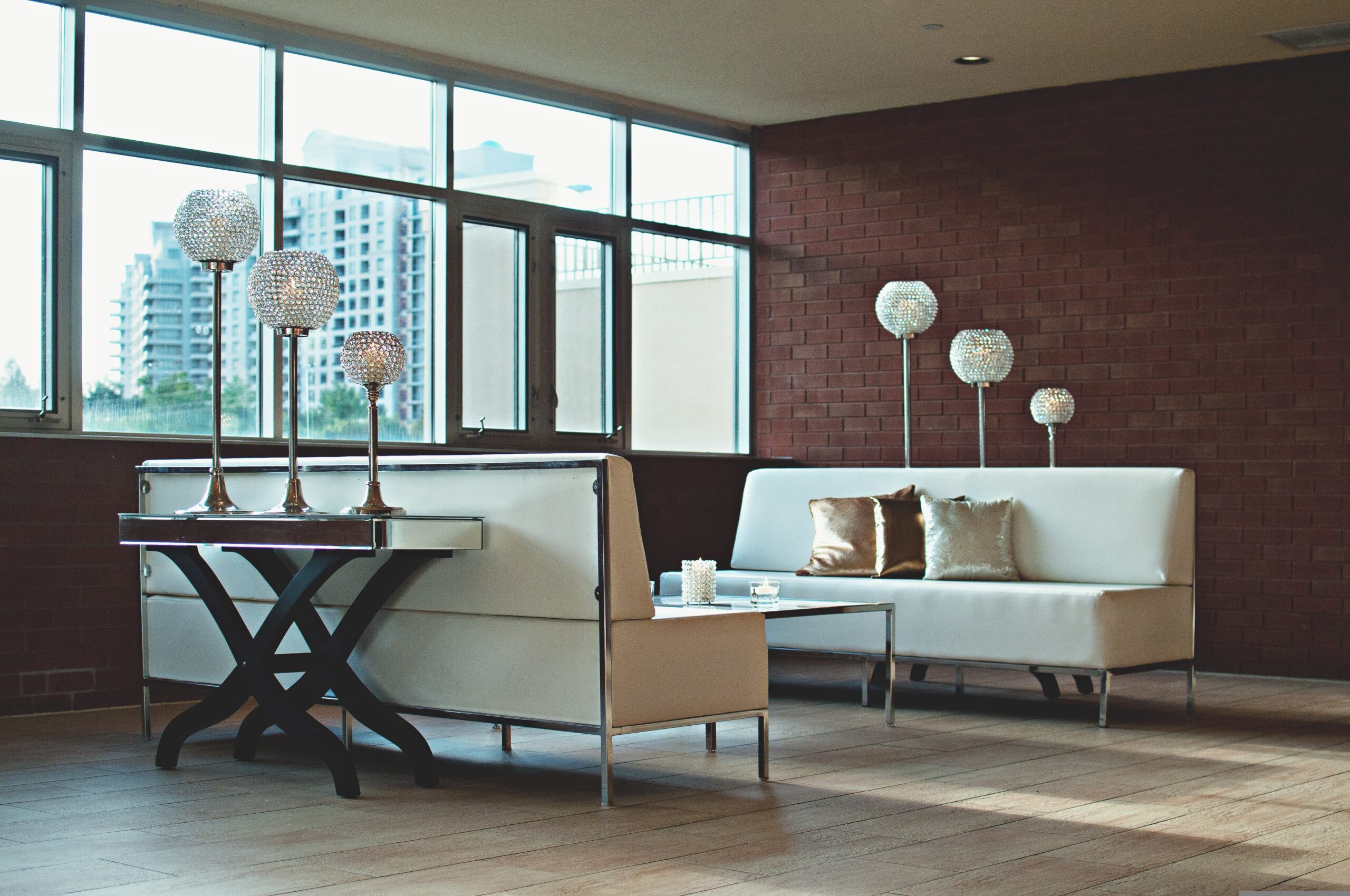You’ve been working hard preparing your home for a spring sale. You’ve cleaned, you’ve decluttered, you’ve repaired. Now let’s take a look at staging your home for showings. Home staging is a technique for preparing a property for successful sale in the real estate market. Good home staging showcases your home’s best assets, impresses buyers, and helps your house sell quickly for the highest possible price. As a return on investment, staging can be incredibly lucrative. Read on for more information about staging your house for sale.

Why stage your home?
According to multiple studies, staging a home really can help it sell faster and for more money. Stats from the Real Estate Staging Asssociation indicate 85% of staged homes sold for more than list price. Staged homes sell from 3 to 30 times faster than unstaged ones, according to an International Association of Home Staging Professionals 2022 survey. The same survey found staged homes sold for up to 20% more than competitors. So, it’s evident that staging is an important marketing tool to help you compete in any market.
A few more reasons to stage your home:
- Staging helps you appeal to the largest possible pool of buyers, which will maximize your ability to sell your house quickly and profitably.
- Staging shows buyers the property’s true potential.
- Staging makes your house look move-in ready, which is an important selling point for a majority of buyers.
Set the stage for success
With home staging, you are literally setting the stage for potential buyers. Utilizing aesthetic strategies, staging presents the home in the best possible light. The goal is to make the home as appealing as possible to the largest number of people.
You want buyers to imagine themselves living in your home as the new owner. To achieve that, you need to step behind the scenes, de-emphasizing your own individuality. Aim instead for a more generalized appeal. Depersonalizing, a topic we covered in How to Prepare Your House for Spring Sale Season, is an important part of this process.
When you depersonalize, you remove personal items that could distract buyers from focusing on the house itself: Family photos, diplomas, and your kids’ artwork should all go into storage. Presenting buyers with an impersonal, clean environment allows them to imagine the home decorated with their own photographs, furniture, and art.

Make your home fresh and inviting
A few potted plants or a vase of fresh flowers can do wonders to make your home feel fresh and inviting. Of course, dead and dying plants don’t do much to make your home look well tended, so be sure to remove them along with your personal items.
Get rid of odors. Pets, kids, last night’s dinner, a damp bathroom, the kitchen drain…so many things can make your home smell. Fresh means no smells but good smells, so here are a few inexpensive tricks for removing odors and introducing an inviting aroma.
- Bake cookies in the oven just before a showing.
- Light a few candles (soft and subtle fragrances only, such as vanilla)
- Wipe down the kitchen sink with half a lemon, then grind it in the garbage disposal. Removes sink odors and makes the whole kitchen smell great!
- Let fresh air into the house for at least 10 minutes before an open house or showing.
- Don’t forget to take out the trash.

Important note: Avoid using an air freshener to deodorize your home, since they can trigger allergic reactions and asthma in sensitive people. Instead, try these chemical-free ways to freshen the air in your home:
- Essential oils (mix one cup of water with 8 to 10 drops of oil in a spray bottle. Spray toward the center of each room)
- Herbs and flowers
- Beeswax candles
- Air purifiers
- As a plus, scented oil diffusers and candles create a warm and welcoming environment.
Smokers: if you smoke indoors, immediately limit your smoking to outside the home and take extra steps to deodorize indoors.
If you have pets
- If you can’t remove pet stains on carpets and rugs, replace them. Try cleaning formulas made especially for pet odors.
- Repair or remove any furniture that’s been scratched or gnawed on.
- Pet odors soak into your best friend’s favorite things. Completely remove pet beds, blankets, toys, play structures, and food bowls.
- Use air fresheners that eliminate rather than mask odors.
- Clean all pet poo from the yard.
- Keep cat boxes immaculate and hidden. Even better, see if a feline-loving friend will take on a temporary houseguest, allowing you to remove litter boxes altogether.
- Remove any dog or cat doors.
- Last thing before you leave the house: make a pet hair sweep.
- When you leave the house for a showing, take your pets with you.

Throughout your home: Flooring
No one wants to live in a home with a dirty, stained carpet. And sheet vinyl flooring curling up at the corners is not only out of style, it looks cheap. Get rid of all stained rugs and carpeting, and replace damaged flooring. They make a home look beaten up and uncared for, giving prospective buyers an overall bad feeling.
Although pricey, hardwood floors add value and elegance. They are low maintenance, last forever, and are perfect for buyers with allergies. If you decide to add hardwood floors, focus on common areas like the living room and dining room.
Upgrading bathroom flooring is a great idea as well. Since the floor space is smaller, less expense is involved. If your budget allows, use ceramic tile or stone in bathrooms and kitchens. If not, use high-quality vinyl tiles that mimic more expensive materials.

Storage: make it seem abundant
Once you have decluttered, you’ll be able to see where you might need some extra storage. Investing in storage, such as built-in shelving, will make rooms feel well organized and neat.
Remember that buyers will open doors, cabinets and drawers, so you don’t want them to get an unpleasant surprise. Keep everything organized. (See How to Prepare Your House for Spring Sale Season for tips.)
Make sure your storage units are not cluttered or full to overflowing. When staging a house, you want buyers to think your home can easily accommodate their belongings.

To this end:
- Make your closets look larger: Pack up all but the clothes you’re wearing this season.
- Organize your clothes by type or by color.
- Use the same kind of hanger. Wooden hangers create a classy look.
- Keep closets, basements, and attics as empty as possible to maximize the appearance of storage space.
Miscellaneous tips and tricks
- Emphasize the rooms with the most potential.
- Use mirrors to open up the room and make it look twice its actual size. Mirrors also create depth and introduce an element of brightness; use them to illuminate a dark hallway or corner.
- If you can’t afford to replace a rug, place inexpensive sisal rugs on top of the existing rug.
- Keep your palette neutral overall, but add fun pops of color: throw pillows, artwork, flowers … Always remembering that “less is more”.
- Only style with polished accents. For example, stage your master bath with new bath towels, or none at all.
- Arrange in odd numbers. Professional designers swear by decorating in threes, fives, and sevens. Arranging in odd numbers gives visual interest to otherwise symmetrical spaces. So make it 3 or 5 throw pillows, 3 rather than 2 pieces of artwork on the wall, 7 chairs around the table…

Should you hire a professional stager?
Statistics show that hiring a professional stager pays off. Pro stagers understand current trends, and can use that knowledge to stage your home to sell best in the current home market. Their objectivity, ability to see from a buyer’s perspective, and understanding of how buyers make their decisions allow them to stage your home better and more easily than you can do yourself.
Pros will work with professional photographers and your real estate agent to make sure your home’s photographs will attract potential buyers and generate showings. Pros also develop relationships with industry partners like painters, carpet installers, gutter cleaners, and so forth. They can often pass the savings on to you and ensure you get quality service.
Related: Home Staging – Why it’s Important
How do I hire a professional stager?
Ask your real estate agent if there are any stagers they recommend, and research your options. Be sure to view their portfolios, ask about their resources (do they own or rent their furniture, for instance) and insurance. Ask for references, and interview before you hire.
Secure a professional REALTOR®

If you’re thinking of selling your home this spring, call Scott Haubrich at (612) 298-5400 or send an email to scott@buyrentsell.com for more information. Click here to go to the homepage.
